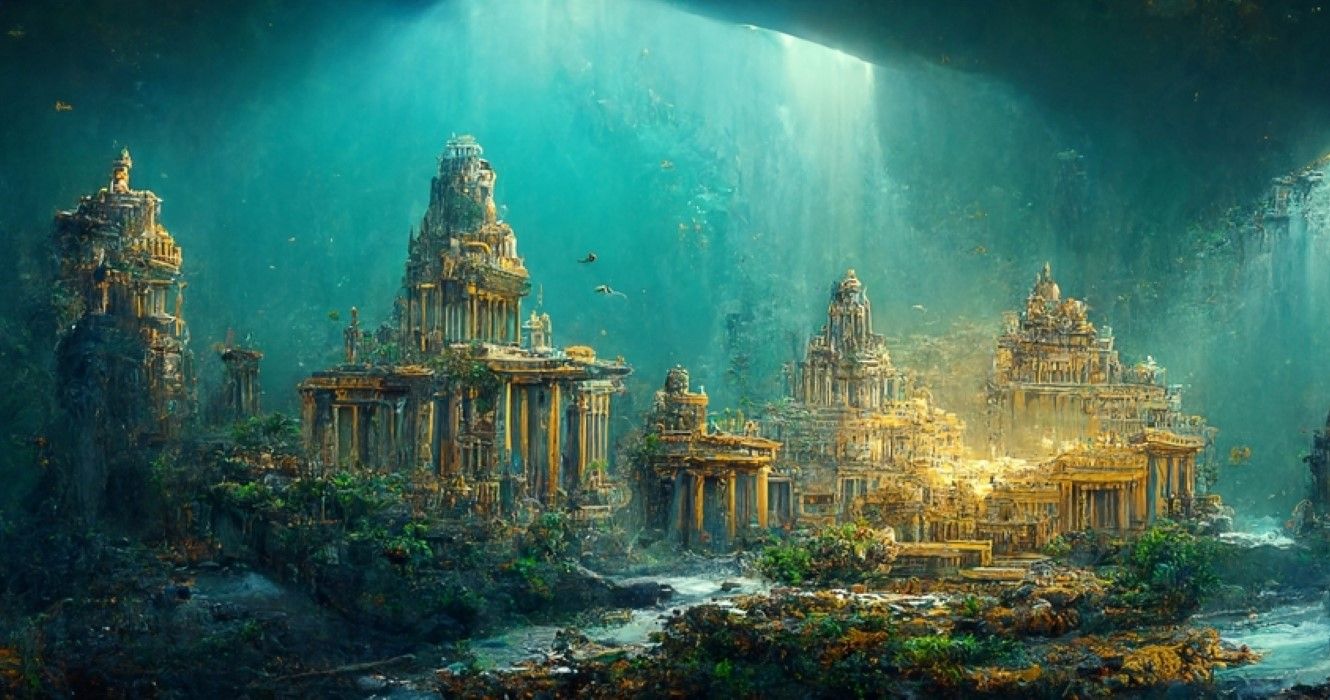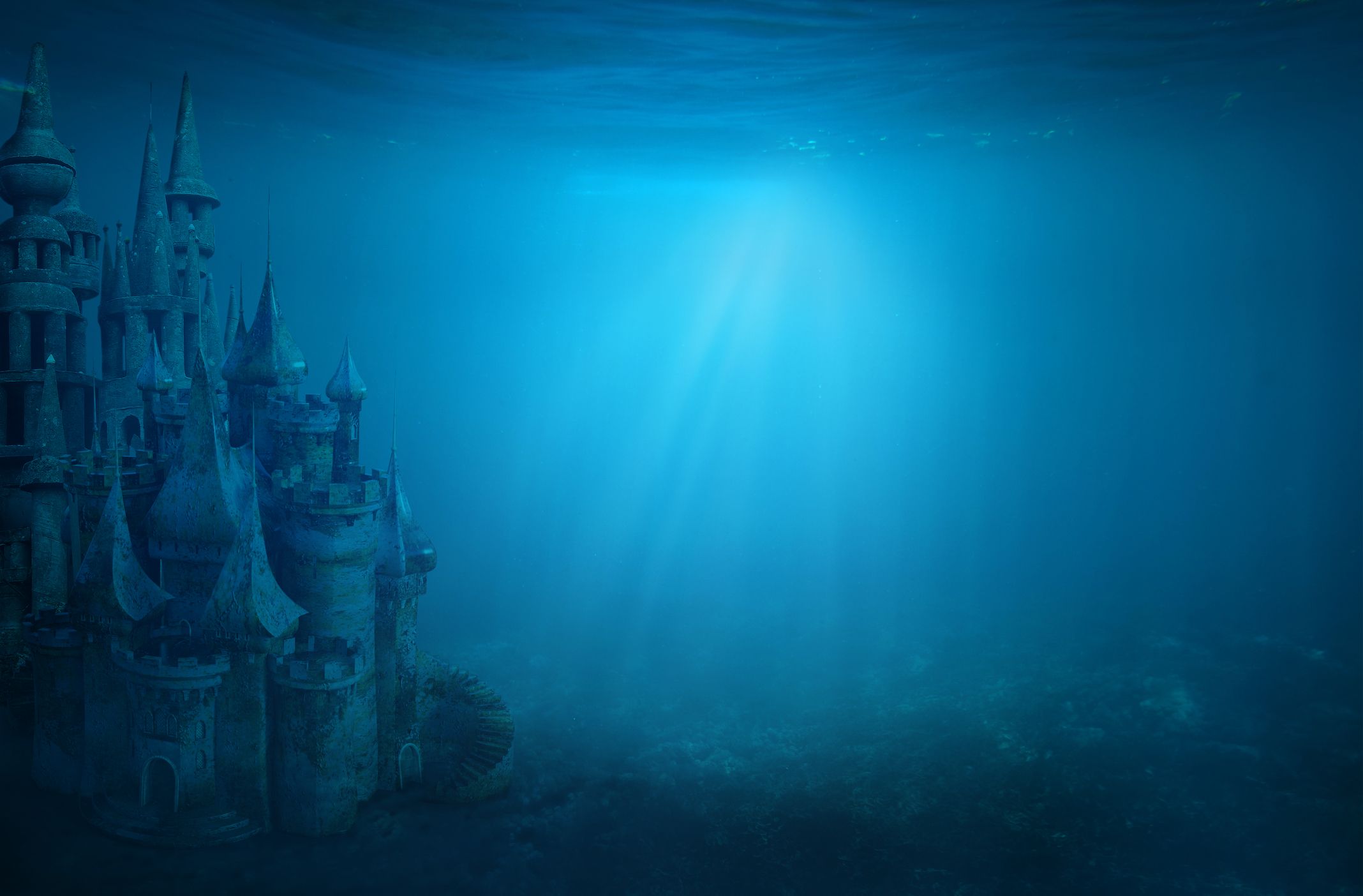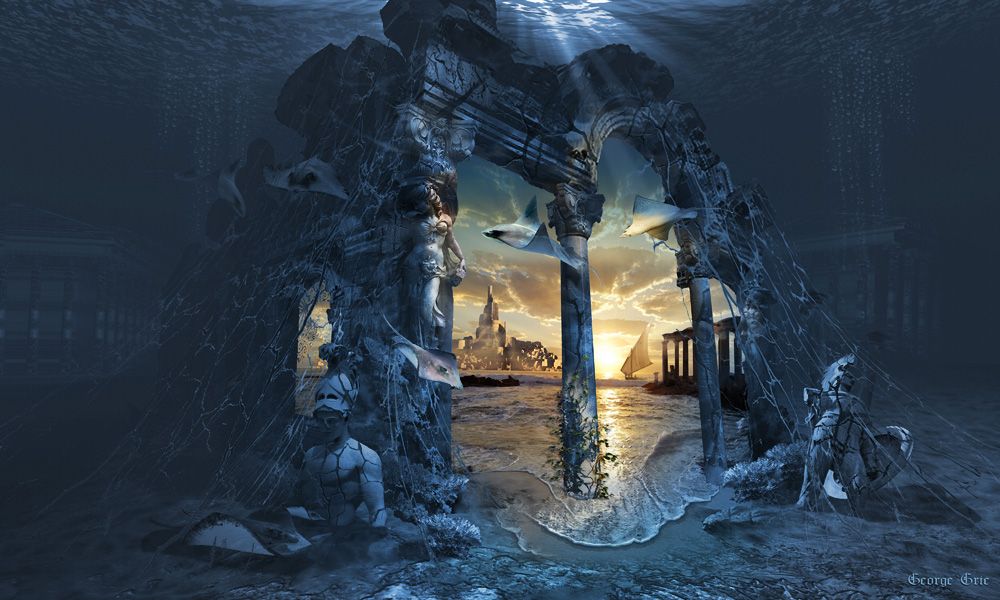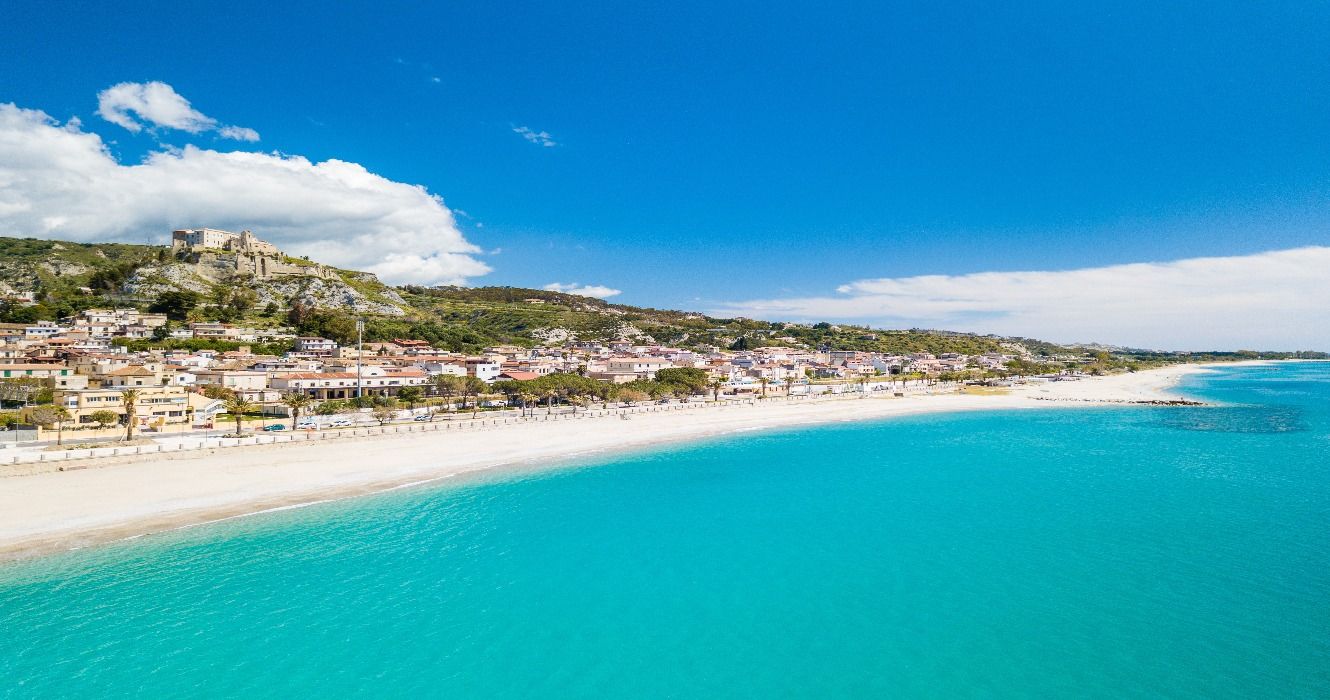Read update
- There's More To Know About The Lost City Of Atlantis
Summary
- The legend of Atlantis, created by Plato over 2,000 years ago, continues to captivate and inspire people today, despite being widely regarded as false.
- While Atlantis may never be found, there are other lost cities and civilizations that have been discovered, such as Vilcabamba in Peru, Pompeii, and Herculaneum in Italy.
- Atlantis likely never existed, and instead, it was a creation by Plato to depict the dangers of aggressive imperialism and the consequences of prioritizing money and power over humanity.
Few legends are as famous and enduring as that of Atlantis. Plato created the legend over 2,000 years ago. But why is it still popular? Is it based on a real event? And if so, could it ever be found? Debate still rages over these questions and is likely to continue to rage on for years to come.
While we may never find the fabled city of Atlantis, we have found a number of other lost cities and civilizations. One can actually visit the lost Inca capital city of Vilcabamba in Peru today. If in Italy, one can visit the formerly lost cities of Pompeii and Herculaneum - buried under an ocean of volcanic ash.
UPDATE: 2023/09/20 18:28 EST BY NOAH STAATS
There's More To Know About The Lost City Of Atlantis
Although we all know and love the story, it's been long questioned whether Atlantis even existed. In this update, we've added new information based on research and historical data, new photos, and notes on existing theories. And no, this isn't just a fountain you can explore at Caesars Palace in Las Vegas!
Plato's Legend of The Lost City of Atlantis
- One of the most famous Greek stories is about the lost city of Atlantis.
- Many movies, TV shows, and books have been written surrounding this lost city.
One of the ancient Greek philosopher Plato's most famous stories is that of Atlantis. The story of the cataclysmic destruction of an ancient civilization. The story has been told countless times over the last 2,300 years since Plato's death and is a story that continues to capture the imagination. It's a story that has so many elements that people love to fantasize about (and Hollywood loves to make countless movies about).
According to National Geographic, this story "is almost certainly false." The reasoning becomes more apparent when one considers that Plato said the founders of Atlantis were half-god and half-human. The civilization they created was utopian, and they became a great naval power. The islands were filled with gold, silver, and other precious metals and were the home of rare and exotic wildlife. There was a great capital city in the center island. Atlantis, he said, was made up of concentric islands that were separated by wide moats, but the people eventually became greedy and "morally bankrupt."
- Origin: Plato Told The Story Around 360 BC
- An Ancient Civilization: Plato Said Atlantis Existed Around 9,000 Years Before His Time
Plato claimed that the story had been passed down over the millennia by priests and poets, but his writings are the oldest known today. Many of these details can not be true. But many stories were embellished (read the story of Troy, for example, that most scholars believe did take place). Scholars note that Plato included many philosophical theories in his story, including ones of divine versus human nature, the gradual corruption of human society, and others. He used the story of Atlantis to deliver some of his favorite themes.
The story is one of moral and spiritual decline where the gods sent fire and destruction upon Atlantis to cause it to sink beneath the waves (rather like that of Sodom).
The Lost City Of Atlantis Likely Never Existed (How We Think, At Least)
- Atlantis likely did not exist, per researchers and experts alike.
One of the more surprising details surrounding Atlantis was that, according to researchers: it likely didn't exist. That said, there could have been an Atlantis-like location Plato was describing, but one at the caliber of Atlantis is not likely. Instead, it's thought that Plato, sometime around 360 B.C., invented the island nation in order to illustrate a point about the dangers of aggressive imperialism. Consider it a lesson in the dangers of focusing more on money and power than humanity.
Atlantis was likely more of a warning for people who were heavily focused on imperialism rather than humanity. Plato was one of the world's greatest scholars, so there's a chance this was his way of convincing humans to do better in the future: even if it was a white lie.
Other Tales Of The Destruction of Civilizations
There are other stories of the destruction of ancient civilizations over which scholarly debate continues to rage whether they were based on truth or not.
- The Destruction of Sodom And Gomorrah: Debate Continues To Rage
- The Siege of Troy: Considered To Be Based on A True Event
- The Destruction of Pompeii: Definitely True And One Can Visit Today
Theories Mention Atlantis Could Have Been An Island In The Mediterranean
Unfortunately, there are very few scientists who think that Atlantis actually existed. But that's boring. So going with the minority view that it may have, where could it have been? There are many theories that it may have been an island in the Mediterranean just off the coast of Spain - or just outside the Strait of Gibraltar in the Atlantic Ocean. Some of the theories put forward have been somewhat credible, while others have been exercises of humanity's boundless flights of fancy. Locations have been suggested for just about any location one can point to on the map (even under what is now Antarctica).
Cataclysmic floods and volcanic explosions have happened throughout history, and on rare occasions, they have ended civilizations. If the legend of Atlantis is based on history, then it would likely have been somewhere close to the ancient Greek world.
The Theory Atlantis Was The Minoan Island of Santorini
- It's believed that Atlantis was the Minoan Island of Santorini.
- The eruption that caused the area to disappear was one of the largest in history.
Perhaps the most credible explanation is the massive volcanic eruption that devastated the island of Santorini in the Aegean Sea (today part of Greece).
It is known that a highly advanced society of Minoans lived on Santorini and that the Minoan civilization disappeared suddenly around about the time of the volcanic eruption. The eruption was one of the largest volcanic eruptions in recorded history. It happened at the height of the Minoan civilizations and left a massive caldera surrounded by volcanic ash hundreds of meters deep.
- Eruption: Called The Minoan Eruption (or the Thera Eruption)
- Date: Around 3,600 Years Ago (around 1,300 Years Before Plato)
- Tsunami: The Large Tsunami Is Hypothesized To have Devastated the Minoan Civilizations On Crete
It is even possible that it could have indirectly triggered the collapse of the Minoan civilization on the island of Crete. This plays into many theories, all of which could be valid.





